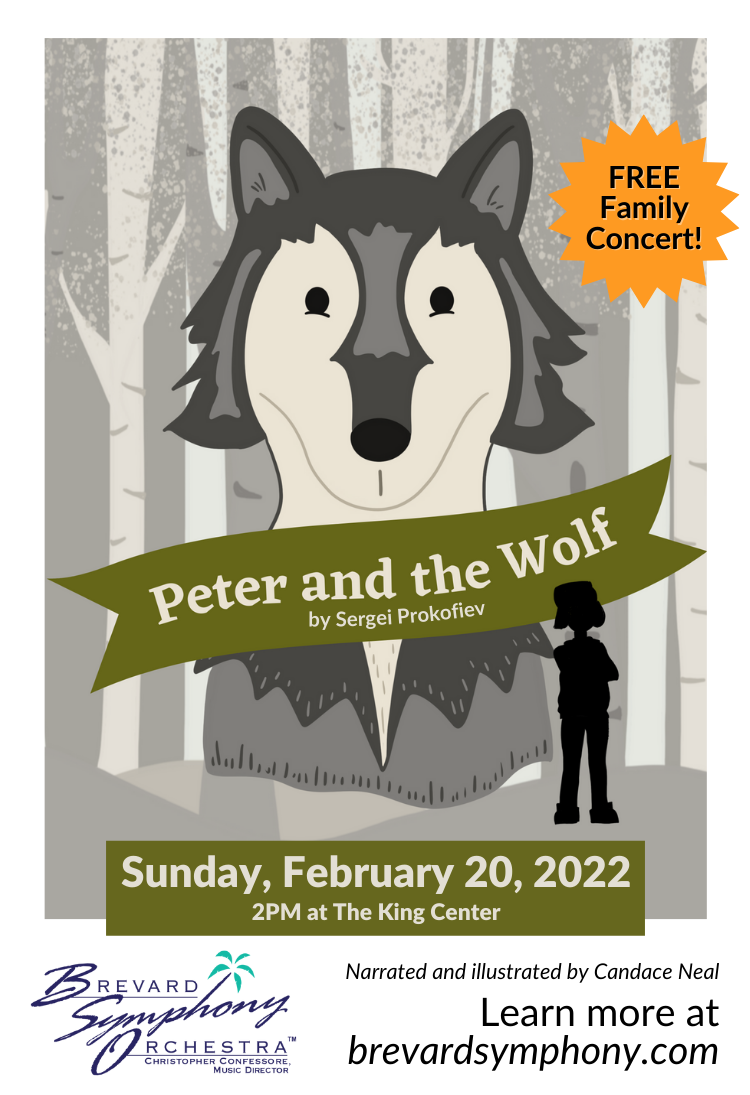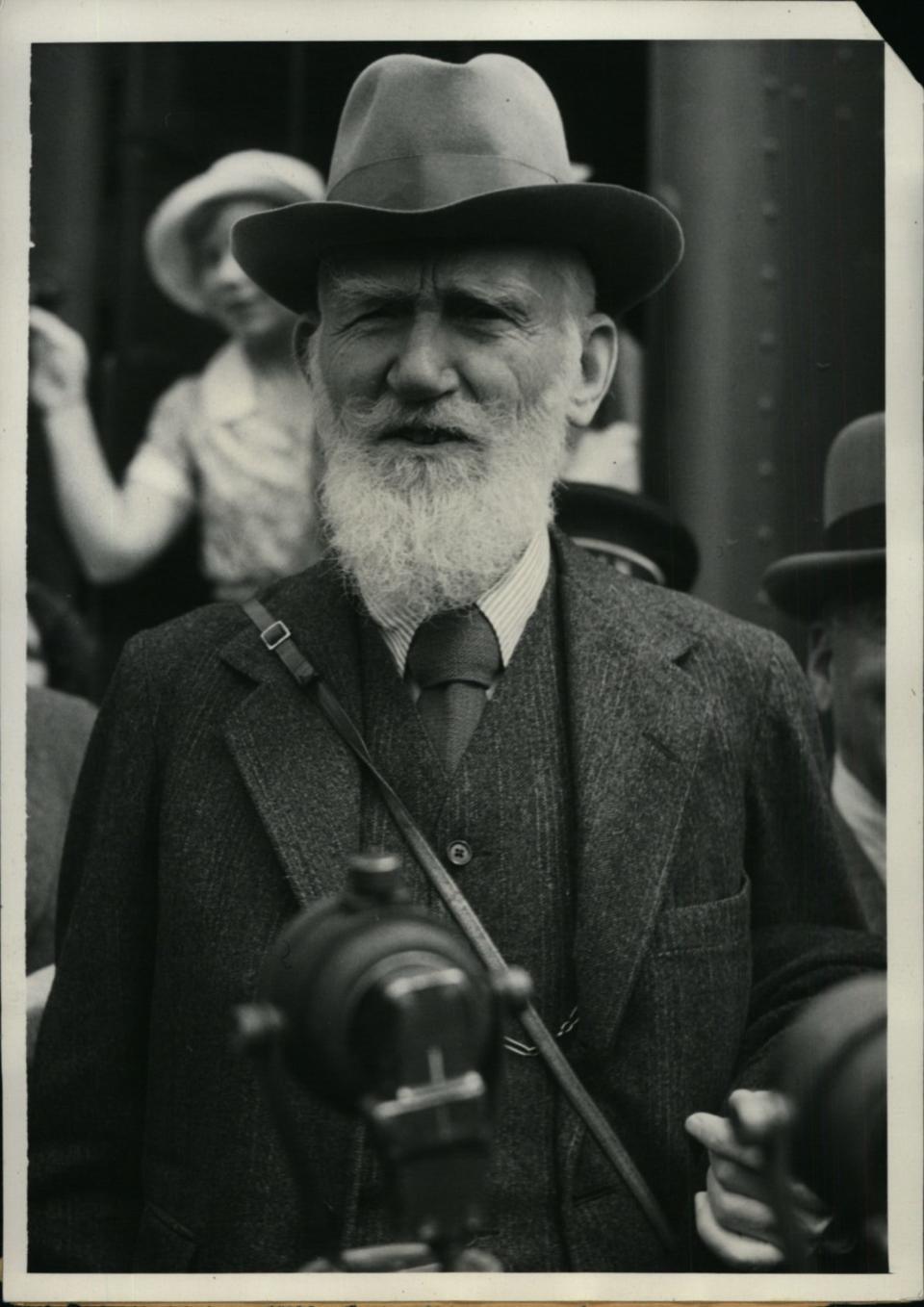Did you know these famous movies, shows, and people have a Ukraine connection?
- Oops!Something went wrong.Please try again later.
- Oops!Something went wrong.Please try again later.
- Oops!Something went wrong.Please try again later.
- Oops!Something went wrong.Please try again later.
- Oops!Something went wrong.Please try again later.
- Oops!Something went wrong.Please try again later.
Ukraine, where war is raging and Western democracy is teetering, may seem like it's 4,500 miles away — as it is.
But it's a lot closer than that.

Ukraine is woven into America's culture — pop and otherwise — in ways we mostly don't think about. But Maria Wasyliw, attending a lenten service at St. Andrew Memorial Church in South Bound Brook Friday evening, thinks this might be a good time to start.
More: Is America ready for war? No — and neither was it in 1939
More: To truly stand with Ukraine, America must open its doors | Opinion
More: Donating fire equipment to Ukraine
"Ukraine has given culture to the U.S.," Wasyliw said. "Music, dancing, films, religious things. Festivals. This is something Americans should find out more about."
You might start with St. Andrew, a towering, magnificent Ukrainian Orthodox Cathedral that is utterly unlike anything else in that neighborhood — or any neighborhood west of Kyiv.

The style is what is called "Baroque Cossack" — domes, crosses, Byzantine mosaics. And the cathedral, completed in 1965, is a memorial to all the Ukrainians who died as a result of previous Russian atrocities, especially Stalin's horrific 1932-1933 famine. Plus ça change…
But Ukraine has also made its mark on the U.S. culture in less obvious ways.
Jack Palance, Mila Kunis, Vladimir Horowitz, Milla Jovovich, Paul Muni, Nijinsky, sci-fi writer Stanislaw Lem ("Solaris," filmed awhile back with George Clooney) all come from Ukrainian backgrounds.
So, for that matter, did Gogol, Trotsky, Solzhenitsyn, Isaac Babel, and Alexander Dovzhenko, one of the important Soviet-era filmmakers whose techniques influenced Hollywood. And there are other kinds of influences, less direct.
See if you can find the Ukrainian fingerprints on the following:
'The Godfather'
No, we're not suggesting "The Godfather" is really about the Russian mob.
But we are saying that Lee Strasberg — born in Budzanów in what is now Ukraine —was the acting teacher who trained Marlon Brando, Al Pacino, Robert De Niro, who played the key role in bringing The Method to America after seeing it in Russia, who utterly changed postwar American acting styles, and without whom "The Godfather" (or "A Streetcar Named Desire" or "Rebel Without a Cause" or a hundred other great actors' movies) would not exist.
Director Francis Ford Coppola acknowledged as much, when he cast Strasberg as Hyman Roth in "The Godfather Part II."
Jazz history
Billie Holiday changed the course of jazz. But the thing that changed the course of Billie Holiday was "Strange Fruit" — a chilling, groundbreaking song about lynching that caused a sensation when Holiday introduced it to the hipsters at Café Society, a trailblazing integrated club in lower Manhattan in 1939.
All chatter would cease, the audience would sit spellbound, as Holiday sang about "Black bodies swinging in the Southern breeze, Strange fruit hanging from the poplar trees." The song made Holiday's reputation.
It was written by Abel Meeropol, son of Ukrainian immigrants who had fled to the Bronx and brought with them tales of violence and hate that Abel never forgot. Meeropol, a high school English teacher and a political progressive (he and his wife adopted the orphaned children of Julius and Ethel Rosenberg) also wrote "The House I Live In," the keynote song of a Frank Sinatra movie short about tolerance that won an honorary Oscar in 1945. "All races and religions, that's America to me," Sinatra sang. Another timely message.
'Apocalypse Now'
If you occasionally look at the headlines and find yourself mouthing "the horror…the horror…" you can thank "Apocalypse Now," the 1979 Vietnam war epic that became a defining film for a generation.
You can also thank Joseph Conrad, the Ukraine-born writer (Berdychiv, 1857) whose "Heart of Darkness" was the basis for the film, and from which "the horror…the horror…" is directly quoted. The Eastern-European born Conrad is often considered to be — ironically — one of the greatest writers in the English language. He didn't come up with the "Napalm in the morning" line, though.
Music class
The bird is the flute, the duck is the oboe, the cat is the clarinet, and the wolf is the French horns.

Everybody remembers "Peter and the Wolf" from grade school. But perhaps you didn't remember that Sergei Prokofiev, the composer of that famous children's guide to the orchestra, was Ukrainian (born Sontsovka, 1891).
Perhaps you never knew — since Prokofiev was always called one of the great Russian composers. Which he was, in the sense that the Soviet Union absorbed Ukraine in 1922. It became free in 1991, with the collapse of the Soviet Union. Now the wolf is again at the door. Cue the French horns.
Feminism
Nobody talks much today about Marie Bashkirtseff. But in 1890, everyone was talking about her.
Six years after her untimely death at age 25, her diary had been published — a detailed account of her inner life as a young artist. It was a sensation. The old guard — male — had conniptions. What way was this for a woman to talk?
"I swear solemnly — by the gospels, by the passion of Christ, by myself — that in four years I will be famous," she wrote. Even worse: "I love myself."
"Marie," wrote William T. Stead, the famous moral reformer (he later went down on the Titanic), "was artist musician, wit, philosopher, student, anything you like but a natural woman with a heart to love, and a soul to find its supreme satisfaction in sacrifice for lover or for child."

Nonsense, said feminists, who took up her cause. Notably, playwright George Bernard Shaw. Marie was, he said, "a person who fascinated everybody, and was a source of delight to all about her." It was society that was unnatural, he said, by "forcing self-sacrifice on a woman under the pretense that she likes it; and if she ventures to contradict the pretense, declaring her no true woman."
This lady who scandalized English propriety was not English. She was born in Gavrontsi, now Ukraine. And though she was tragically taken from the world before she could make her name as an artist (her surviving paintings show real promise) she struck a resounding blow as a feminist.
'Fiddler on the Roof'
"In our little village of Anatevka, you might say every one of us is a Fiddler on the Roof." So says Tevye the dairyman in the classic Broadway musical "Fiddler on the Roof." Anatevka may be fictional, but it's in a real place: Ukraine — then part of the Russian empire.
Not only is Tevye Ukrainian, so was his creator, Sholem Aleichem — born Solomon Naumovich Rabinovich 1859 in Pereiaslav, central Ukraine. For that matter. the film's fiddler had his solos performed by the famous Ukrainian violinist, Isaac Stern.
Today, there actually is a little village in Ukraine called Anatevka, named after the musical, 20 miles outside Kyiv. Whether its inhabitant will face the same fate as the ones in the show — chased out by Cossacks — remains to be seen.
'The Wizard of Oz'
MGM. As in Metro-Goldwyn-Mayer. As in Louis B. Mayer, the autocratic studio head who created, in his Andy Hardy movies and in "The Wizard of Oz," a white-picket-fence America that remains, to this day, the way many of us think about our country.
Louis B. Mayer liked to think of himself as 110% American. He actually celebrated his birthday July 4. In fact, he was raised in New Brunswick, Canada — and the real place of his birth has been disputed.
But it was definitely Eastern Europe — and film historians Charles Higham and Scott Eyman argue he was born in Dymer, near Kyiv. There's no place like home!
Jim Beckerman is an entertainment and culture reporter for NorthJersey.com. For unlimited access to his insightful reports about how you spend your leisure time, please subscribe or activate your digital account today.
Email: beckerman@northjersey.com
Twitter: @jimbeckerman1
This article originally appeared on NorthJersey.com: Ukraine culture in America: There are more links than you think

